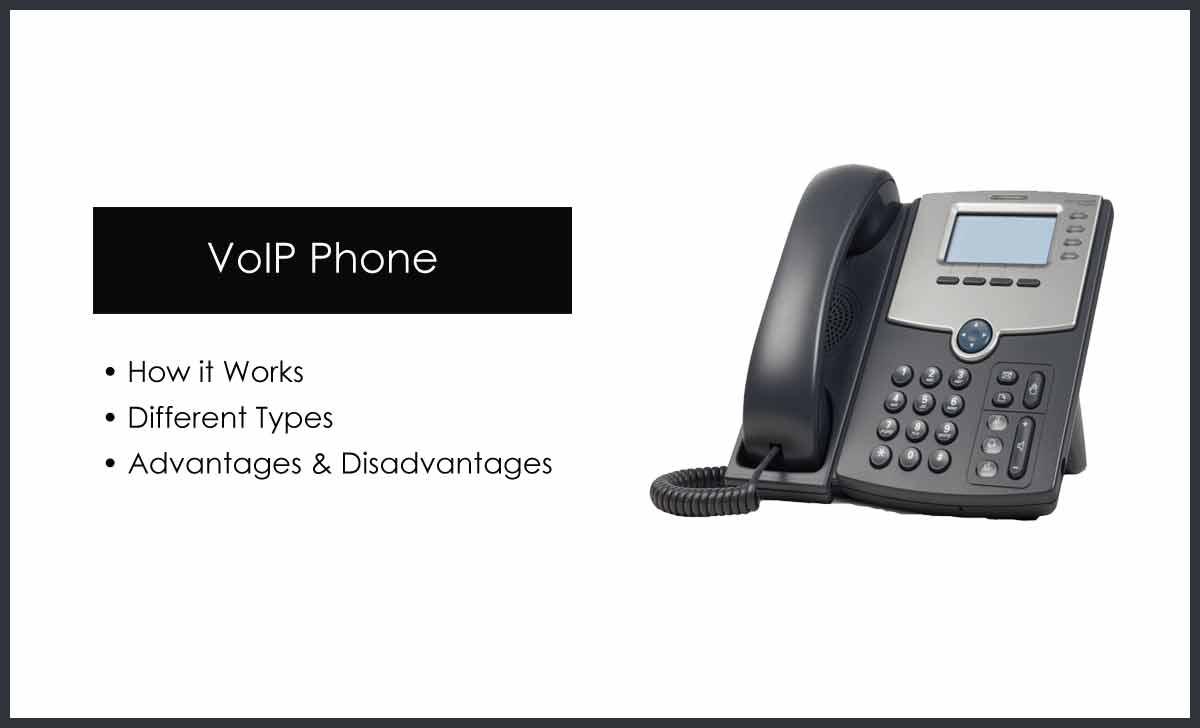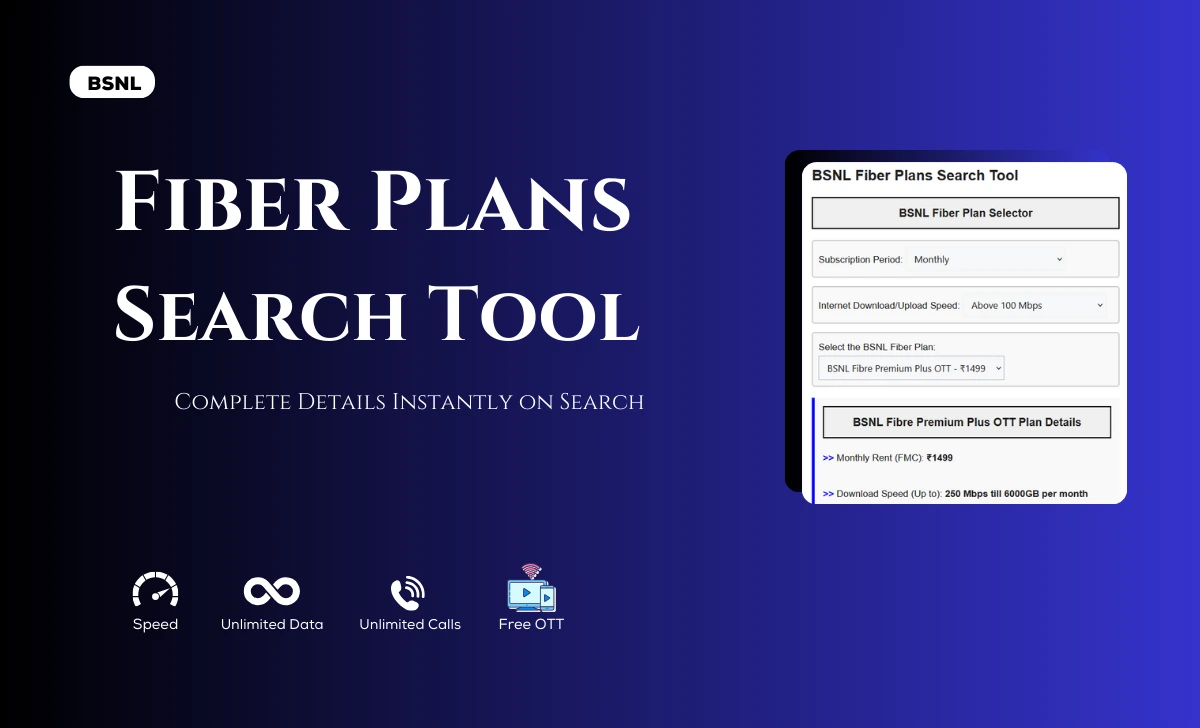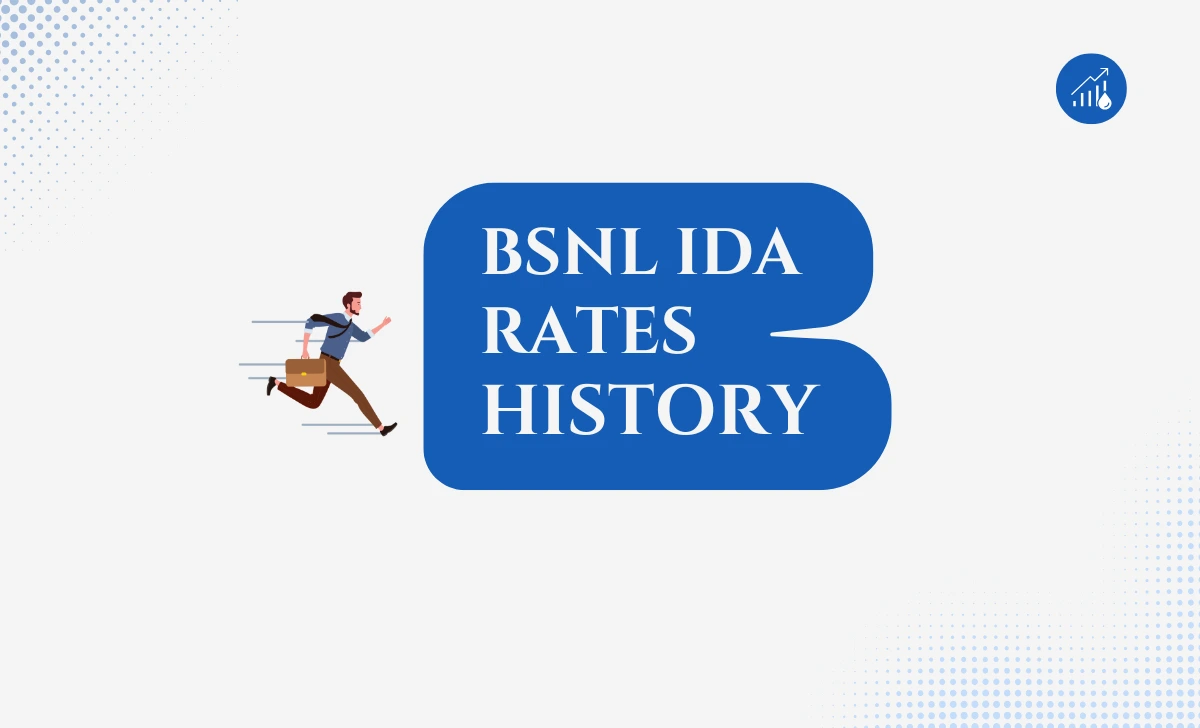Here is the complete guide about the VoIP phone system, learn about how does it work and the different types of VoIP phones and the advantages or disadvantages of IP phone…
VoIP Phone
The VoIP Phones are also known as the IP phones which include features that can’t be found in analog phones, and they have extra additional requirements because the phone calls are spread over the internet instead of the public switched telephone network (PSTN).
A VoIP Phone is a software or hardware-based telephone that is designed to use Voice over IP Technology, this network receives and sends phone calls over IP networks. VoIP Phone does convert the analogy technology into digital which then will be transmitted over the internet and then gets converted into income digital phone signals from the internet to telephone audio.

VoIP Phone System
There are different types of Voice Over Internet Protocol Phones that are available in the market, as few require an A/C adapter for power, and few require Power Over Ethernet. Instead of an A/C adapter, my Ethernet cable does get the power to the phone and there will be no need for the adapter to be attached or removed.
Working Process of IP Phones: Working with an IP Phone does require several components to get connected to the internet and enable the audio calling features. Phones are to be assigned IP addresses using the Dynamic Host Configuration Protocol, as DHCP automatically configures the network and VoIP Phone parameters. In this view, a Dynamic Name System gets the IP addresses tracked to enable devices, such that they connect with each other.
Protocol Used by IP Phone: There are protocols that need to be achieved by the VoIP Phone to get the communication over the internet. H.323 is the most used IP protocol which does support data communication, video, and audio through IP networks. The bandwidth for using the calling services is also defined using a protocol.
One more VoIP Phone protocol that is commonly used as an alternative to H.323 is the Session initiation protocol, and this real-time Transport Protocol uses its service to receive and send multiple media information. Voice Over Internet Protocol Phone does use RTP and STP or H.323 for multimedia content.
There are private vendors which do their own protocol service to establish the connection between two devices. Most seen such protocol is Skinny Client Control which is a proprietary Cisco standard.
VoIP Phone Service Types
There are basically two types of VoIP phones which are referred to as hardware phones or software phones. Here is detailed information about these IP phones in their category.
Hardware VoIP Phone: A Hardware IP phone does resemble a traditional hard-wired or cordless telephone. These phones do include the features such as a microphone, touchpad, speakerphone, and a display to show the dialing screen. VoIP Phone does have features of call transfer and multi-party calling to enable communication between many users. There are few IP Phones which do accept multimedia data and send the same to an acceptable receiver.
Software VoIP Phone: These are called softphones, as the software clients installed on a user’s computer or mobile devices. This is referred to as a removable device with a touchpad and caller ID display having full software interface.
It does have a microphone which connects with computer or mobile, which are required to make the calls. Also devices which have a microphone attached can be used to make calls as a Software VoIP Phone.
The features of softphones are like the Hardware IP Phone, as the call conferencing, call transfer and more. Even video calling, and instant messaging is also available in some IP phones having software models.
Advantages and Disadvantages of VoIP Phone
Here you will come across a detailed guide which will let you know exactly about using the VoIP Phone does gives you good support or they are not worthy of it.
- Using a IP Phone origination gets to reduce the calling costs, as traditional phones have costs for incoming & outgoing that make a large amount for a support company.
- IP phones are cheaper in communication for long-distance calls and as international calls become easy with these phones.
- If you have a device supporting a microphone, then you can start using the features of a softphone and enable its features for free calling.
- IP phones don’t require the whole setup to be copied if the company is shifted to a new place, it just gives you easy movable features. Based on the bandwidth of IP Phone has taken, the capacity of adding new phones is taken on.
- VoIP Phone does require a constant internet connection and any breakage in this will break your call.
- Communication between IP phones is only with internet access and thus one who doesn’t have this will not be able to use this feature.
- If the communication platform is full, there will be latency in the connection due to the bandwidth getting full. This is the biggest disadvantage of IP Phones.
- Emergency calls using a IP phone will be hard, as the IP address doesn’t show the location of the caller. This sometimes makes it difficult to track the number and their location in case of an emergency.
What is needed for an IP Phone System?
To have your own Voice Over Internet Protocol Phone system setup, then you need to have a modem, router, and IP phone or ATA, and this minimal hardware setup does require to have a hardware VoIP Phone setup to be installed and working. In the end, you must have an internet connection to start your online calling.
Can a Normal Phone be used as a VoIP Phone?
Yes, converting analogue signals into digital signals, which do send the data via the internet, gets your transmission to speed up, and this way of communication is flexible and makes your connection more reliable than any other normal analogy phones.
Is VoIP Phone better than Landline?
Both have got their own features, and none can be compared in their terms of service. VoIP Phone does give you the option to check multimedia and gives you free features to communicate over any long distance. Whereas the Landline does charge for long distance, which is much higher, but it gives you a reliable and non-breakable communication platform.



